What the Midterm Election Results Actually Mean for Abortion Access
There's some good news and some bad news. But mostly good.
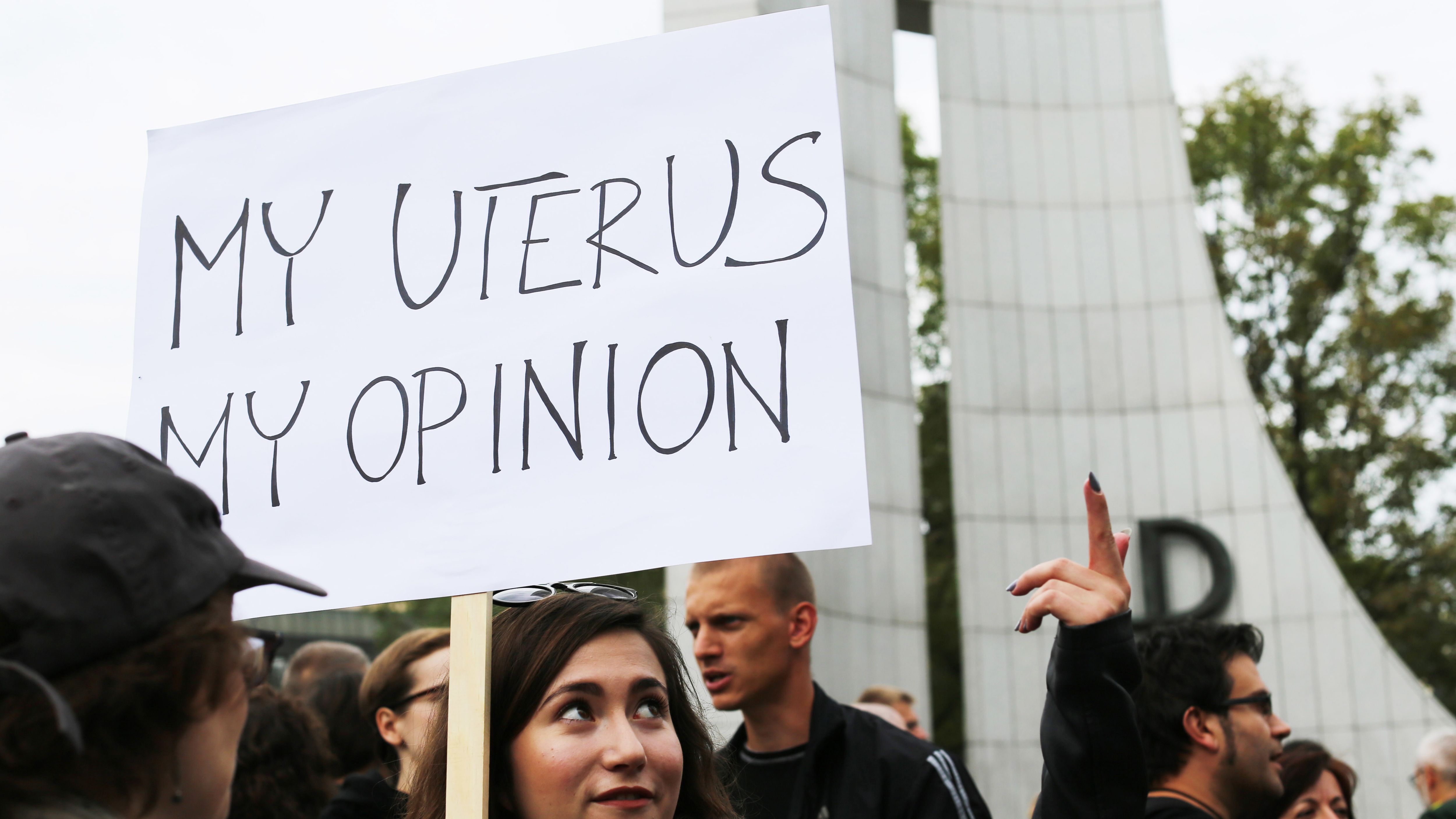
The results of the midterm elections on Tuesday were all over the place: Democrats took the House, but Republicans actually grew in in the Senate. Yes, Democrats will now be able to put more checks on the Trump administration, but Republicans will probably continue to push through more hyper-conservative judicial appointments, which could impact the shape of the U.S. for generations. It was a huge night for women candidates—particularly women of color—but there were also some sad losses in high-profile races. All in all, kind of a mixed bag! And that extends to what Tuesday’s election meant for access to safe, legal abortion in the U.S.
Let’s start with the good news: The midterms saw some really positive developments around abortion access. Because threats to reproductive freedom will likely come from the federal level, it may ultimately be left up to states to protect those rights. And for the most part on Tuesday, they did: Oregon voters overwhelmingly voted down Measure 106, which would have barred tax money from helping to fund elective abortions (the state currently spends about $2 million per year on abortion, according to Willamette Week).
“We know that Oregon has always carried the torch of nondiscrimination and equal access to abortion services,” Ilyse Hogue, President of NARAL Pro-Choice America, tells Marie Claire. “It’s indicative of the anti-choice [movement]’s overreach that they tried to roll back that access, particularly to poor women and women of color.”
Likewise, the amount of governor's races won by openly pro-choice Democrats is a hopeful sign that voters want to protect reproductive rights. Among the gubernatorial wins were Gretchen Whitmer in Michigan, Michelle Lujan-Grisham in New Mexico, Laura Kelly in Kansas, Jared Polis in Colorado, Tim Walz in Minnesota, Janet Mills in Maine, and Steve Sisolak in Nevada.
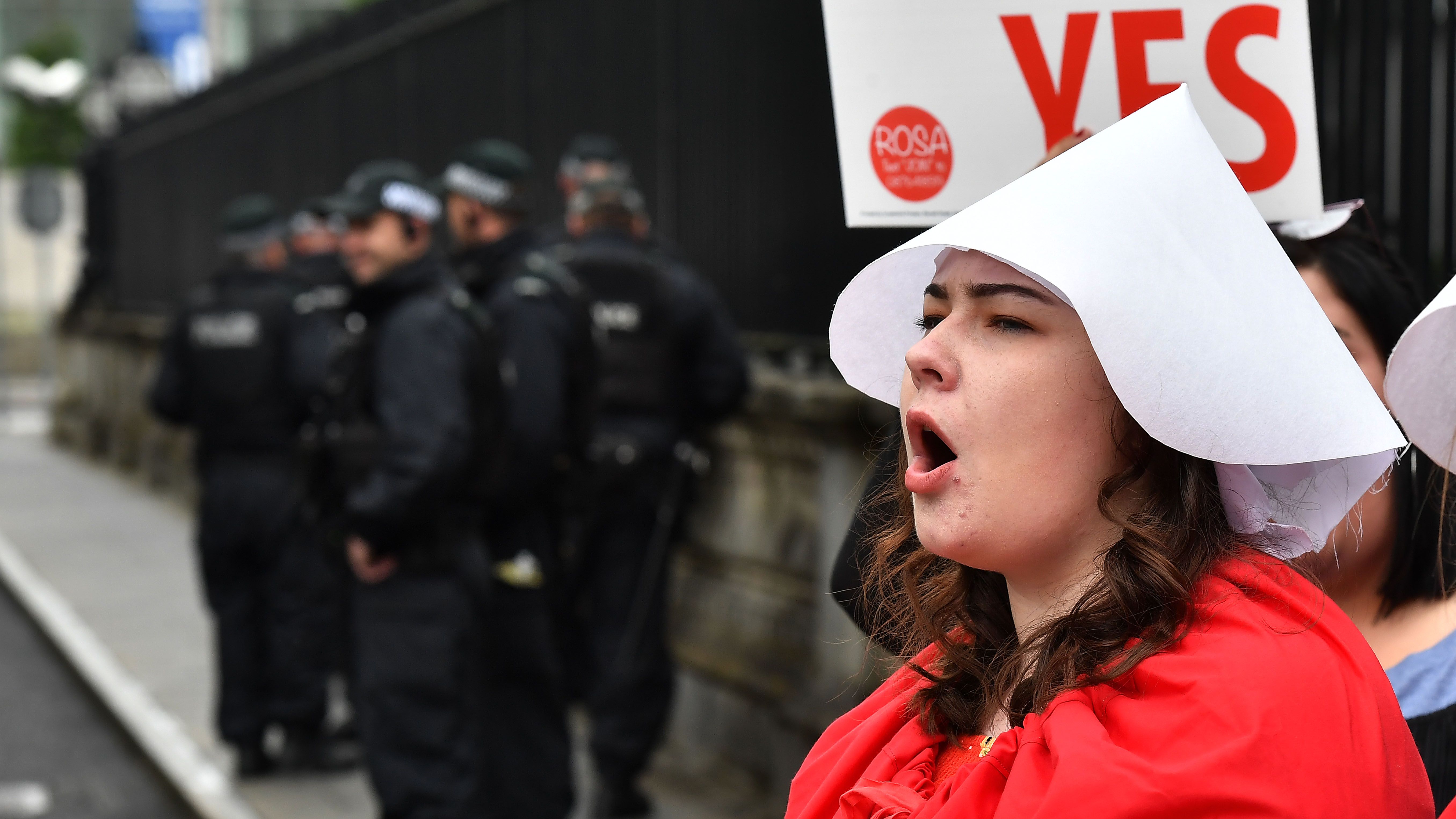
“These are crucial wins to make sure we’re [securing] states that will be oases of access for women, if and when a Kavanaugh Court actually starts to either erode or straight-up end federal protections for legal abortion,” says Hogue. “Some of what I was hearing from the Nevada women that were powering campaigns is that they also recognize that they have a responsibility to women in neighboring states who don’t have similar protections and access and who are already crossing borders to get the reproductive healthcare that they need.”
Now for the bad news: Elsewhere, two measures passed that seriously restrict reproductive health access for women in their respective states. A piece of West Virginia legislation, Amendment 1—also known as the “No Constitutional Right to Abortion” amendment—will add a line to the state’s Constitution that specifies “nothing in this Constitution secures or protects a right to abortion or requires the funding of abortion.” Though seemingly small, that single line can prevent lower-income women, particularly those on Medicaid, from seeking an abortion, and could provide an in for future laws that seek to restrict abortion access. The new amendment also makes sure that there are no exceptions, even in cases of rape, incest, or the life of the mother.
These measures were clearly designed to mislead voters.
And in Alabama, Amendment 2 would add a line to the state Constitution that would make it state policy to “recognize and support the sanctity of unborn life and the rights of unborn children, including the right to life.” Like West Virginia, it would also explain that nowhere in the state Constitution is it required to fund an abortion. “
Get exclusive access to fashion and beauty trends, hot-off-the-press celebrity news, and more.
"These measures were clearly designed to mislead voters and will now undermine a woman’s right to access to safe, legal abortion,” Dawn Laguens, Planned Parenthood Action Fund Executive Vice President, said in a statement. “Politicians will stop at nothing to eliminate access to health care for communities who already face too many challenges.”
Certainly, there will be challenges to these amendments: Roe v. Wade guarantees that abortion is protected by the U.S. Constitution. But with an increasingly conservative Supreme Court and a deeply anti-choice majority in the Senate (with very few exceptions), a challenge of Roe that goes to the Supreme Court could spell disaster for the landmark 1973 decision—and a woman’s federally protected right to choose.
So what can you do right now to protect abortion rights? Well, for one, you can donate to groups like NARAL (here) and Planned Parenthood (here), both of which lobby politicians and support pro-choice candidates in races around the country. You can also join NARAL as a volunteer to help organize events, put pressure on elected officials, and help get the word out. Likewise, you can sign up for Planned Parenthood's volunteer organization here.
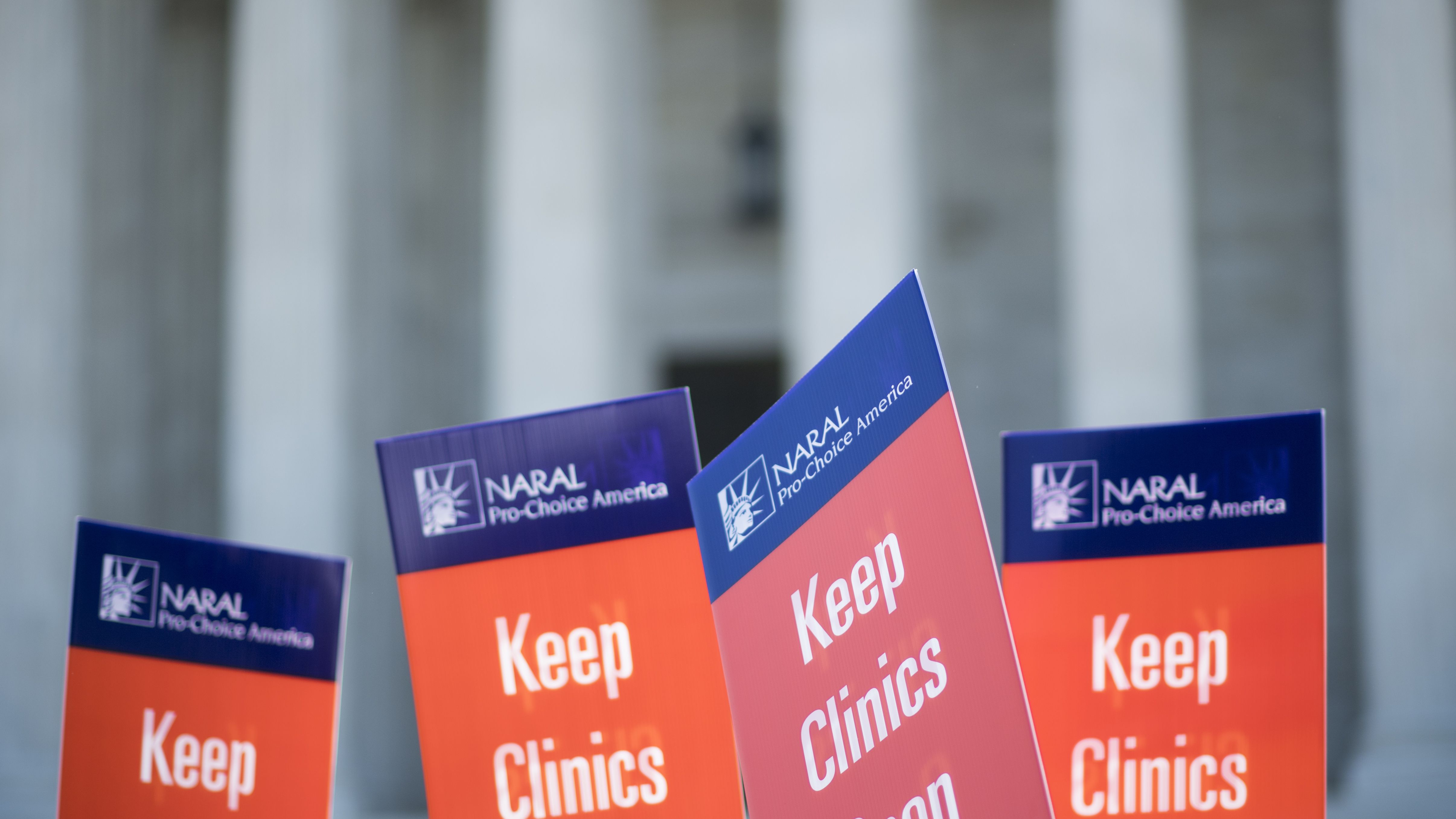
One really straightforward way to protect reproductive freedom, says Hogue, is to get educated on legislation in your state. “One of the things that we know now is that the vast majority of Americans support the protections enshrined in Roe, but a lot of them don’t know the state of their state," she explains. To this end, NARAL will soon launch an education and mobilization campaign in all 50 states in order to make it easier for voters to stay informed about their particular state’s history with reproductive rights legislation and telling them about opportunities to defend Roe where they live. (Information will become available at ProChoiceAmerica.org.)
“We expect a lot of [pro-choice] voters to join forces with NARAL’s existing membership base to make sure that they’re exerting pressure to repeal bad laws and protect and expand good laws,” says Hogue. “Starting at the state level, but while holding their federal representatives equally accountable.”
The fight to defend reproductive freedom in the U.S. is only just beginning, but it’s clear from the midterm results that not only is abortion access an issue that inspires a lot of passion, but it also has a ton of support throughout the country. If pro-choice voters work as a coalition, we may be able to save Roe from the threats it has yet to face.
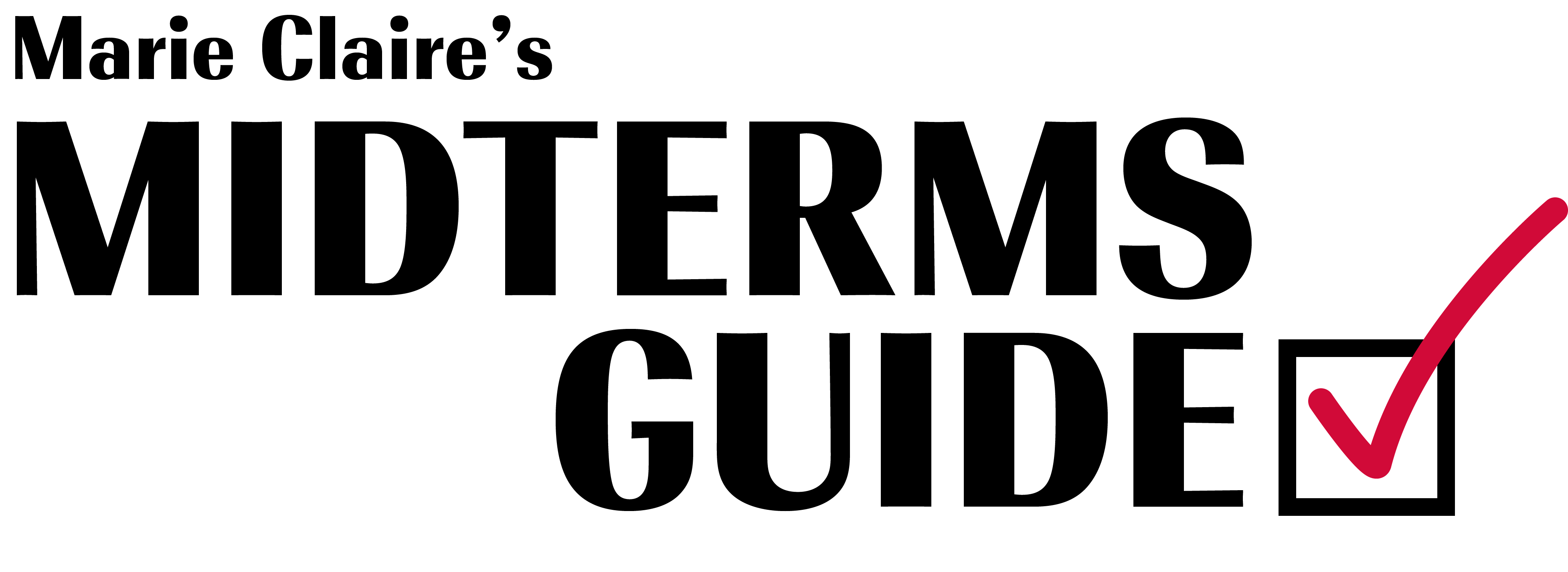
From explainers to essays, cheat sheets to candidate analysis, we're breaking down exactly what you need to know about this year's midterms. Visit Marie Claire's Midterms Guide for more.
Related Stories


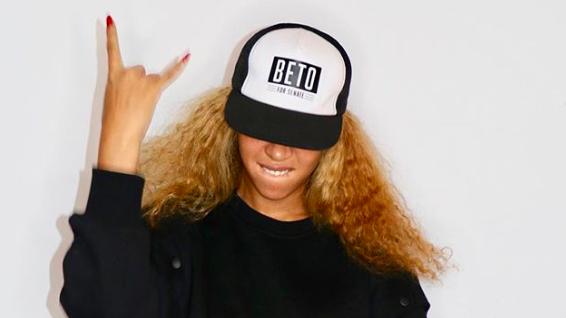
Cady has been a writer and editor in Brooklyn for about 10 years. While her earlier career focused primarily on culture and music, her stories—both those she edited and those she wrote—over the last few years have tended to focus on environmentalism, reproductive rights, and feminist issues. She primarily contributes as a freelancer journalist on these subjects while pursuing her degrees. She held staff positions working in both print and online media, at Rolling Stone and Newsweek, and continued this work as a senior editor, first at Glamour until 2018, and then at Marie Claire magazine. She received her Master's in Environmental Conservation Education at New York University in 2021, and is now working toward her JF and Environmental Law Certificate at Elisabeth Haub School of Law in White Plains.